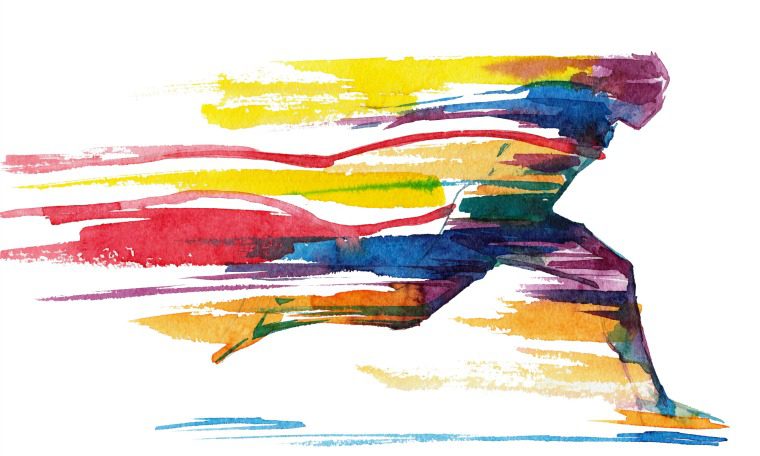
We live in a culture that is obsessed with better. No matter what we have or how well we are doing, we want more.
We passionately believe the desire to do better or have more is critical to being successful. We blindly embrace the mantra, “You have to want it to get it,” but we should also acknowledge that relatively few people have actually put this to the test. Think about it this way: Do we actually get better because of our desire to improve? Or is our actual growth and development caused by something else?
Further, we have a grave concern that if we ever become happy with our current status, we will somehow lose our edge and plummet into mediocrity. Because of this, most of us are taught to never be content with where we are and to always strive to be better.
Our obsession with better can be heard before every practice — “Let’s be better today” — and in every performance review in corporate America — “We need to see better numbers before we can promote you.” The paradox of our rising desires and expectations is that as we want and get more money, better services and increased luxuries, the quality of our life doesn’t increase.
We are not getting happier as we strive to be more successful. Instead, statistics suggest we are actually going backward. How do we stop this reverse trend? We replace better with best.
Let better go. Pursue your best instead. Better is a subjective judgment. When someone tells you that you can or should do better, you are not encouraged by that critic. Instead, you feel judged. When we tell ourselves we should do better, we are also critiquing ourselves, judging ourselves as not enough.
This type of judgment is not helpful when developing skills. I frequently ask the groups I speak with to think of the best career advice they ever received. Once they have identified an answer, I ask them to categorize the statement into either an encouragement or a criticism. Consistently, the majority of the group report the best advice they ever received came as encouragement.
Better is a criticism; best is an encouragement. What most of us desperately need is not to get better and tell ourselves we aren’t good enough. We need to tell ourselves to do the best we can, and that our best is good enough.
I ask my clients to tell me which of these two statements more accurately portrays how they talk to themselves: “I need to get better,” or “I am good enough now.” The vast majority of us say: “I need to get better.” It doesn’t matter how successful we’ve become, most of us want to get better. Yet the reason we want to get better is our belief that we are not yet good enough.
Growth is a natural process; it happens whether we desire it or not. The belief that one needs to be better hinders this process. Our consistent criticism and failure to make peace with who we are now has detrimental effects on both mind and body.
Most of the talent development executives I work with are focused on helping their people do and get better. The usual corporate response to leadership development is to offer some type of training or program focused on teaching others how to become better leaders through a traditional didactic protocol; more and better information leads to better leaders. This is not true.
Having more knowledge or learning the latest and greatest leadership recipe will not lead to long-term behavioral change. Instead, we must offer leaders a series of experiential exercises that allow them to see themselves more clearly and less critically.
Since I have changed the way I work with leaders to a more experiential versus didactic process, the results have been astounding. This is the learning experience leaders want and need. We must help them understand they are good enough now. The challenge is to do one’s best each and every day.
Stan Beecham is a sports psychologist, director and founding member of the Leadership Resource Center and author of “Elite Minds: How Winners Think Differently to Create a Competitive Edge and Maximize Success.” Comment below, or email editor@CLOmedia.com.














